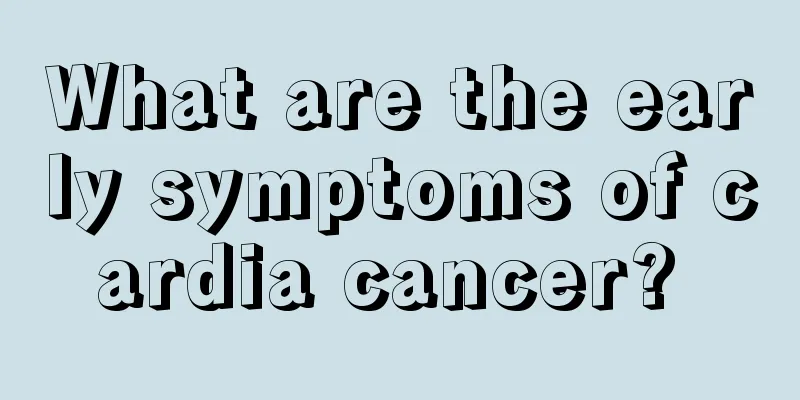Postoperative care tips for prostate cancer

|
Prostate cancer is a common disease that will cause great harm to men's health. In addition to surgery, the treatment of prostate cancer also requires postoperative care in order to achieve the goal of complete cure. Below, the editor will introduce the care tips for prostate cancer. 1. Nursing of erectile dysfunction Many patients may suffer from erectile dysfunction after prostate surgery due to damage to the bilateral vascular nerve bundles of the penis. This is indeed a very regrettable thing, and the patient is obviously very sad. Nurses should listen to patients who are troubled and inferior about the loss of sexual ability with a sincere attitude and provide effective psychological counseling. This is very important in the postoperative care of prostate cancer patients. 2. Nursing for urinary incontinence Postoperative urinary incontinence is caused by damage or stretching of the urethral sphincter, which can lead to permanent or temporary urinary incontinence. The patient cannot control urination, which seriously affects the quality of daily life. Long-term urinary incontinence is prone to secondary urinary tract and perineal skin infections. Therefore, patients who experience temporary urinary incontinence after the removal of the catheter should be fully prepared mentally. To cooperate with the continued treatment after surgery, patients who have recovered from surgery can be asked to talk about their personal experiences, overcome the tension and anxiety of patients after surgery, and build confidence in treatment. Instruct patients to do pelvic floor muscle exercises, that is, lie flat on the bed to reduce abdominal pressure, increase urethral closure pressure, and contract the anus at the same time. 3. Nursing of urethral anastomotic stenosis If the urine stream becomes thinner and urination becomes difficult, urethral anastomotic stenosis may be considered. Urethral dilation can relieve the symptoms. Before dilation, explain to the patient the method, necessity, possible complications and pain caused by urethral dilation. At the same time, ensure the cleanliness of the urethral opening to avoid complications. In addition to the care items mentioned above, there are other details that need to be paid attention to in the postoperative care of prostate cancer. For example, you should pay attention to consuming more fiber and green leafy vegetables in your diet, and limit your fat intake. You should also develop healthy living habits, not smoking, not drinking, etc. |
<<: What are the dietary taboos for prostate cancer patients
>>: What are the early symptoms of prostate cancer
Recommend
What harm does carbon do to the human body
Carbon is something we cannot see. Carbon monoxid...
How can women discover their own symptoms of cervical cancer?
Discovering the symptoms of early cervical cancer...
What is the treatment for heart disease?
In real life, heart disease is a common disease, ...
The benefits of going to bed early at night
As the saying goes, early to bed and early to ris...
How should lung cancer be treated in the late stage? These treatments are recommended for late stage lung cancer
Lung cancer is a relatively common type of cancer...
What is the method of using salt to remove blackheads?
There are actually many methods and techniques to...
Can I wash my hair with salt water?
When it comes to how to wash hair better, many pe...
What to do if eyelash follicles are damaged
In our lives, many women will apply mascara when ...
Can kidney stones cause nephritis?
Most kidney stones are caused by bad eating habit...
Is it good for skin care products to contain mineral oil?
Through investigation, it was found that many ski...
What is reduced hemoglobin
Reduced hemoglobin is a type of hemoglobin. I bel...
What is the reason for saliva odor
Bad saliva is a very common condition in daily li...
What tests should be done to prevent breast cancer
Every woman should pay attention to self-examinat...
Is baldness hereditary?
We generally think that only middle-aged and elde...
What type of disease is small cell lung cancer
What kind of disease is small cell lung cancer? T...









